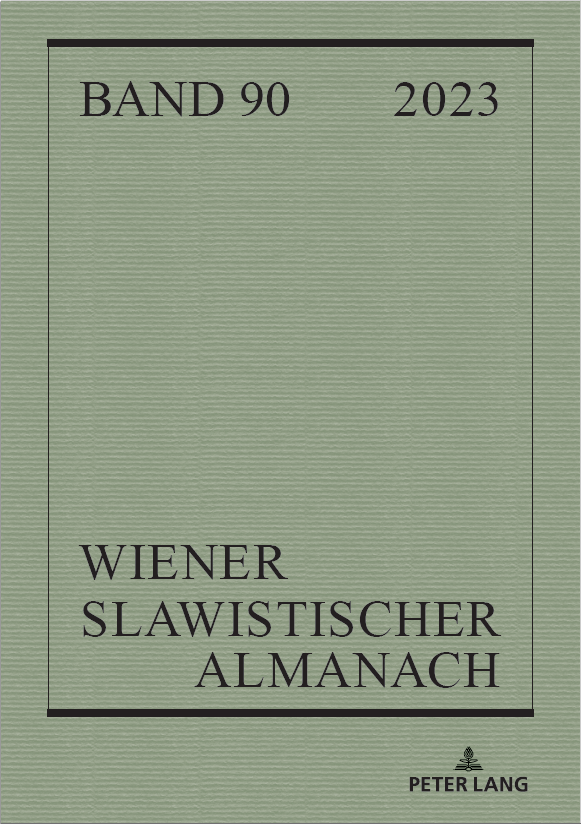“The Part of the Part that First Was Whole”: The Idealist Roots of Russian Nihilism
Veröffentlicht am 28.02.2024
Schlagwörter
- Russian Nihilism,
- lichnost’,
- Dmitri Pisarev,
- Alexander Herzen,
- Ivan Turgenev
Abstract
This article offers a revisionist history of Russian Nihilism as a serious intervention into a philosophical debate on the nature of the ndividual (lichnost’) rather than only a subculture or derivative ideology. Responding to the reception of Hegel as a threat to individual autonomy, Dmitri Pisarev elaborates what was initially a conservative critique of Idealism by the Christian Personalists in Germany. Whereas Personalists such as Friedrich Jacobi criticized post-Kantian Idealism for its ‘nihilism’ and meant by this the delimitation of reason and thus of the human individual and a personal God, and whereas Russian Orthodox Christians such as Ivan Kireevsky echoed aspects of this critique, Pisarev sought to defend the individual as a source of value in itself. Conflating Hegel’s Absolute with a sense of ‘Absoluteness’ unique to Hegel’s Russian reception, Pisarev nevertheless continued a line of thought consistent with Hegelianism and begun by a first generation of Russian nihilists (Herzen, Turgenev). This generation began Nihilism’s project of liberating the individual from external constraints and, like Pisarev, faced the problem of reconciling it within an social ethical order, where it would be able to act. Pisarev’s interpretation of Turgenev’s Bazarov as a model lichnost’ who must adapt himself to the social good is compared to Turgenev’s own exploration in Ottsy i deti of ethics within the framework of nihilistic emptiness. By considering Pisarev’s criticism on a continuum with Herzen, Turgenev and inherited German debates, the article shows Nihilism as an important phase in the life of the concept of individuality.

